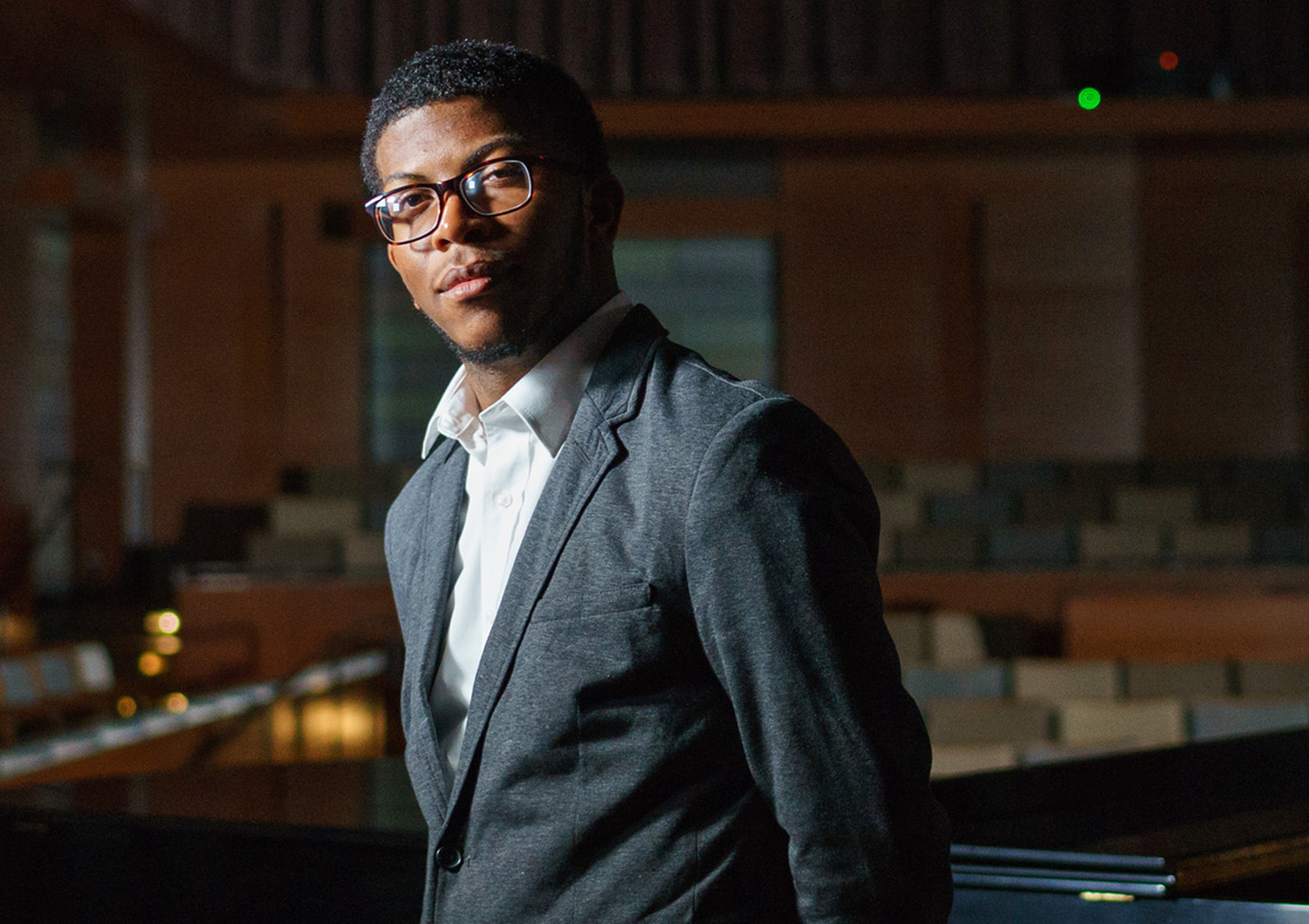Historical research helps to connect our present selves to the past and assists in the understanding of how our nation came to be the way it is today.
Rebecca Brannon, a professor of history and interdisciplinary liberal studies, considers herself a humanist. Psychologists and historians alike are “just trying to find out what makes us humans tick,” she says.
Brannon began her undergraduate studies as a biology major, but quickly realized that she needed to follow her passion. “I’ve always loved history,” she says. “I particularly love the 18th century. You can see modernity emerge toward the end of the 18th century. They have the same fundamental ways of thinking about the world … There’s a sense that everybody is an individual.”
Brannon's primary research interest is the aftermath of the American Revolutionary War, specifically how the Loyalists in South Carolina managed to stay in the United States even after being on the losing side of the conflict. In Fall 2016, she taught a combined upper-level undergraduate and graduate seminar on the American Revolution.
Her latest book, released in September, details how the Loyalists engaged in careful historical manipulation to bury their pasts — and eventually succeeded.
Beyond her recent publication, Brannon is working on two other book projects. The first is a collection of essays that covers the Loyalists from a much broader perspective, from reintegration in the South, to religion, to what happened to the Loyalists who fled to Canada. The second book explores how, in the 18th century, the young men who would create the American Revolution grew up expecting to be honored as old men, only to find that society viewed them as being “used up and done with.”
In Spring 2016, Brannon was a fellow for the Massachusetts Historical Society and the David Library of the American Revolution, where she spent her time reading in the archives for new sources for her work on older veterans.
When it comes to the idea of historical research helping us to avoid making past mistakes, Brannon says, “I think we’re pretty good at making mistakes again and again. But maybe that’s because we humans have certain faults … and I do think history connects us with who we are.”
About the author: Sam Roth is a student editorial assistant in University Communications and Marketing. A senior majoring in communication studies with a concentration in public relations, she plans to pursue a career in the health care field after graduation.
